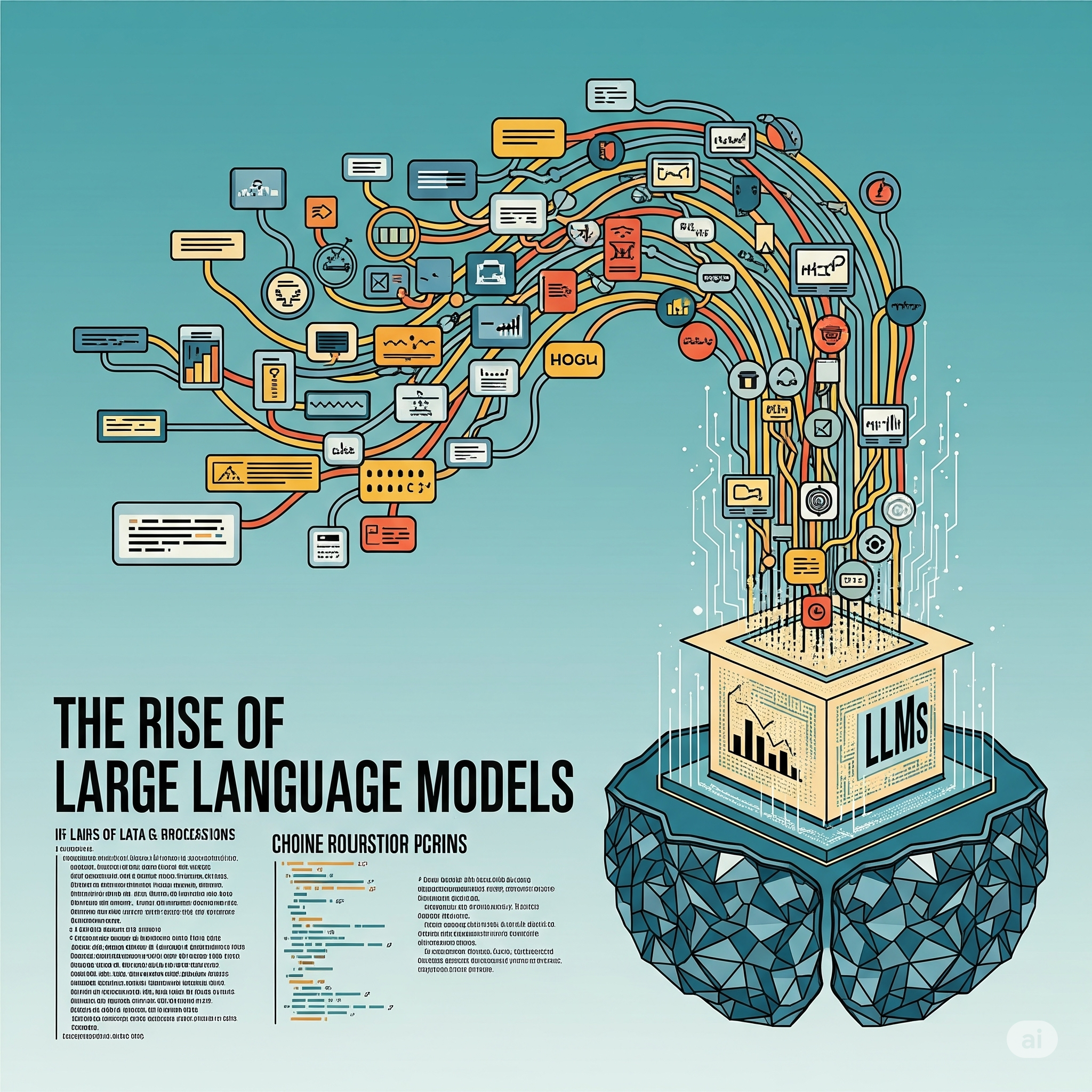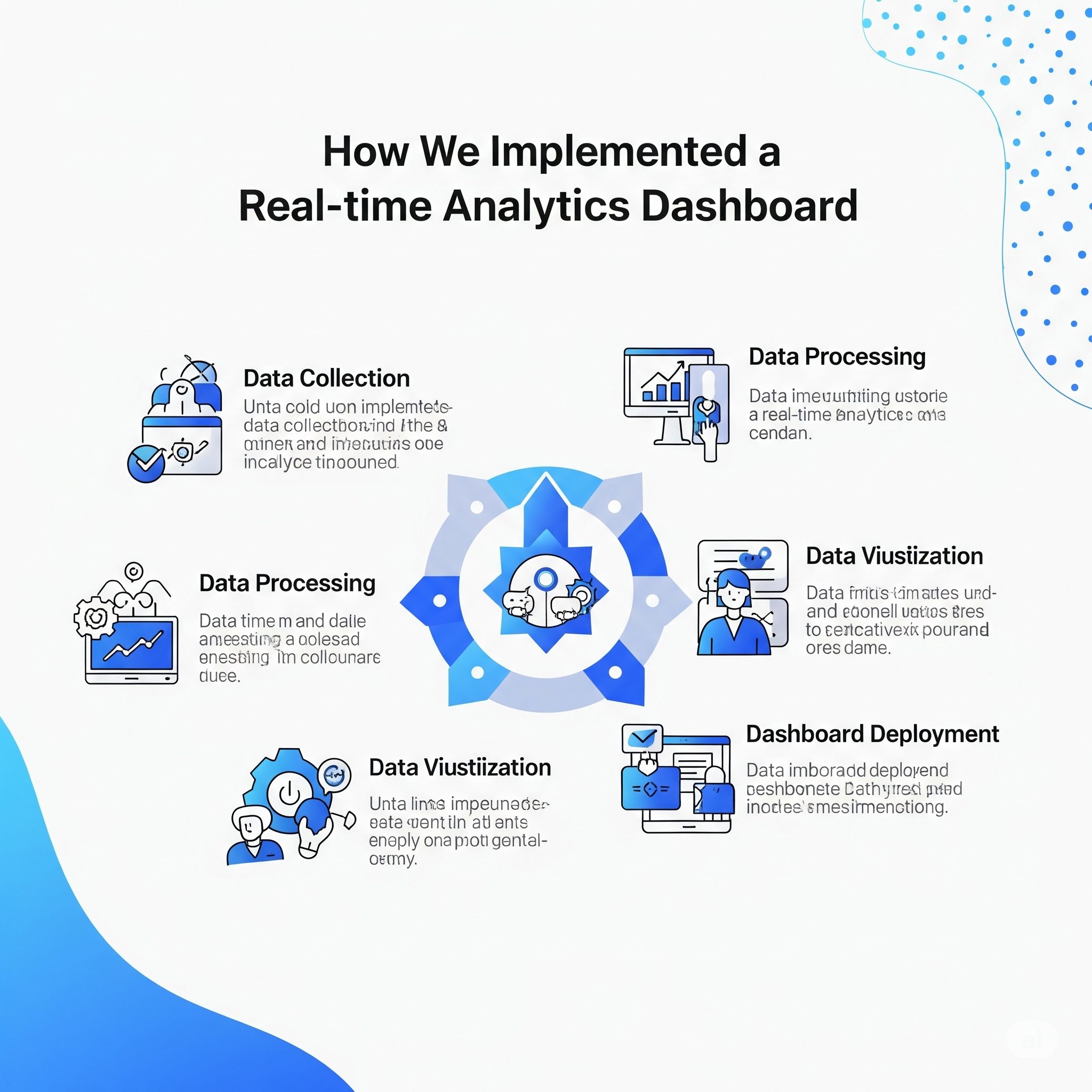
Large Language Models (LLMs) like GPT-4, Claude, and Llama have emerged as powerful tools capable of understanding and generating human-like text. This article explores their rapid evolution and growing impact across industries.
LLMs represent a significant advancement in natural language processing, trained on vast amounts of text data to recognize patterns and generate coherent, contextually relevant content. Their capabilities extend beyond simple text generation to complex reasoning, translation, summarization, and even code generation.
Industry Applications:
- Customer Service: Enhancing chatbots and virtual assistants
- Content Creation: Assisting with writing, editing, and creative processes
- Healthcare: Summarizing medical literature and assisting with documentation
- Education: Personalized tutoring and content development
- Software Development: Code generation, debugging, and documentation
Challenges and Considerations:
Despite their capabilities, LLMs face challenges including bias, hallucinations (generating plausible but incorrect information), and ethical considerations around content generation. Organizations implementing these technologies must establish appropriate guardrails and human oversight.
The Future Outlook:
As research continues, we anticipate more specialized models, improved reasoning capabilities, and better multimodal integration. The most successful implementations will likely combine LLMs with other AI techniques and human expertise to create truly transformative solutions.


Comments (0)
Leave a Comment